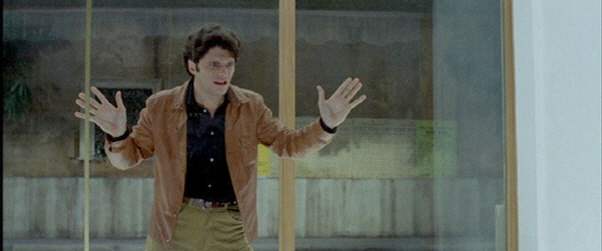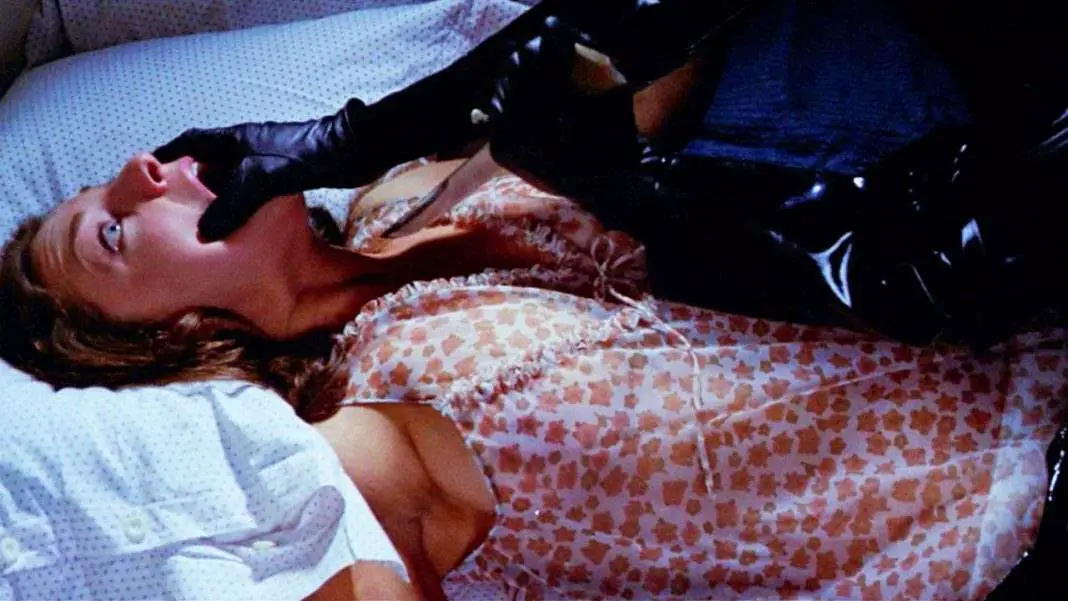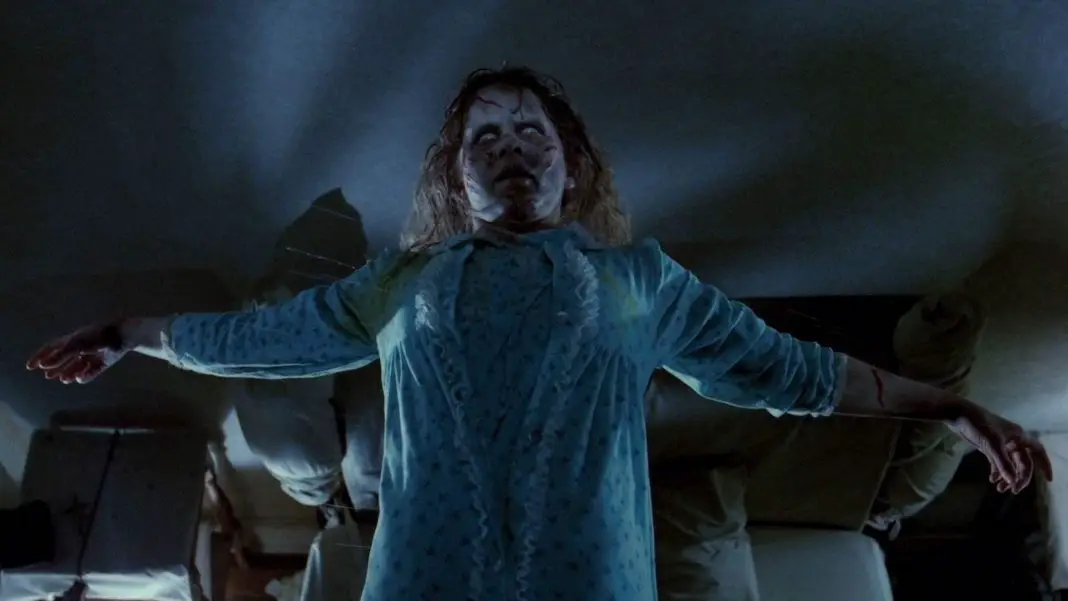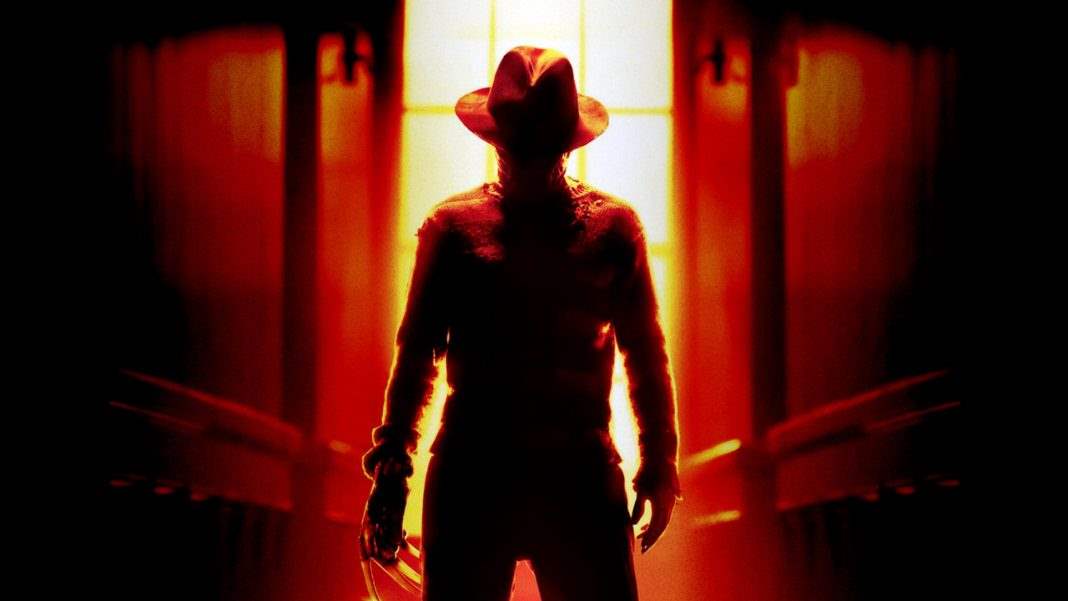The Bird With the Crystal Plumage was the 1970 debut of Italian director Dario Argento, and that’s pretty amazing considering just how great of a debut feature it is. In some ways, it’s Argento’s most traditional thriller. It’s a very straightforward mystery compared to some of his later work, which is saying something, given the imaginative ending. But at the same time, The Bird With the Crystal Plumage showcases a slick and streamlined style that would define Argento’s filmography and influence countless directors over time.
The film begins, not surprisingly, with a brutal attack. A man walking home at night sees a woman being assaulted inside an art gallery. He tries to find a way in, but is instead forced to watch it happen through the glass, helpless to stop it. A similar framing device would be used in Argento’s Deep Red. For that matter, the entire plot of Opera revolves around a woman being forced to watch each of the killer’s attacks. This sense of voyeurism is a repeated trademark for the director.
From the attack, we’re launched into the investigation. Our hero, Sam, is brought in to help. While he is initially questioned as a possible suspect, that thread does not last very long, with the bulk of the movie centering on Sam aiding the police and doing whatever he can to solve the mystery both with and without their help. Once things really heat up, it becomes a little easy to guess the identity of the killer, but even after that reveal, there are surprises that spin the entire film on its head.
There are also bizarre sequences that seem thrown into the middle of the movie, something else Argento loves, but scenes that, in this case at least, more or less advance the plot. The strangest of them comes when Sam goes to see a reclusive painter who explains to him the painting “Bird With the Crystal Plumage,” which is central to the plot, as well as its importance. It is an incredibly strange sequence and feels like a different film, but at the same time, it belongs. Weird as it may be, it’s still the scene that really gives the title its meaning.The Bird With the Crystal Plumage is not quite as gory as the vast majority of Argento’s later work. He’s not necessarily painting the sets red in this one, but all of the themes of violence he loves to tackle are still there. Voyeurism, fetishism, sadomasochism, all of these are major elements both of the director’s body of work and of this film in particular. There are moments before and after the bloodshed that work just as well as any violent imagery would have. For 1970, it’s certainly bloody, so much so that it almost didn’t get distribution because of its disturbing subject matter.
 Even still, all of the elements at work here would become crucial to the director’s style. The opening attack, for example, is so different from the way scenes like that were traditionally shot, especially at the time. It’s not rough, it’s not even hard to look at. In fact, the framing of it and the fluid camera movement, not to mention the bright lighting and sheer white of the room itself—all of these elements make the scene kind of beautiful. Even if it shouldn’t be. That, more than anything, is what has defined Dario Argento as a filmmaker.
Even still, all of the elements at work here would become crucial to the director’s style. The opening attack, for example, is so different from the way scenes like that were traditionally shot, especially at the time. It’s not rough, it’s not even hard to look at. In fact, the framing of it and the fluid camera movement, not to mention the bright lighting and sheer white of the room itself—all of these elements make the scene kind of beautiful. Even if it shouldn’t be. That, more than anything, is what has defined Dario Argento as a filmmaker.
And even though it may be tame compared to the rest of Argento’s career, it was an impressive feat to get away with in its day. The confidence alone that he showcases as a first-time director is so impressive, it’s easy to see why he became one of the all-time masters of the genre.








